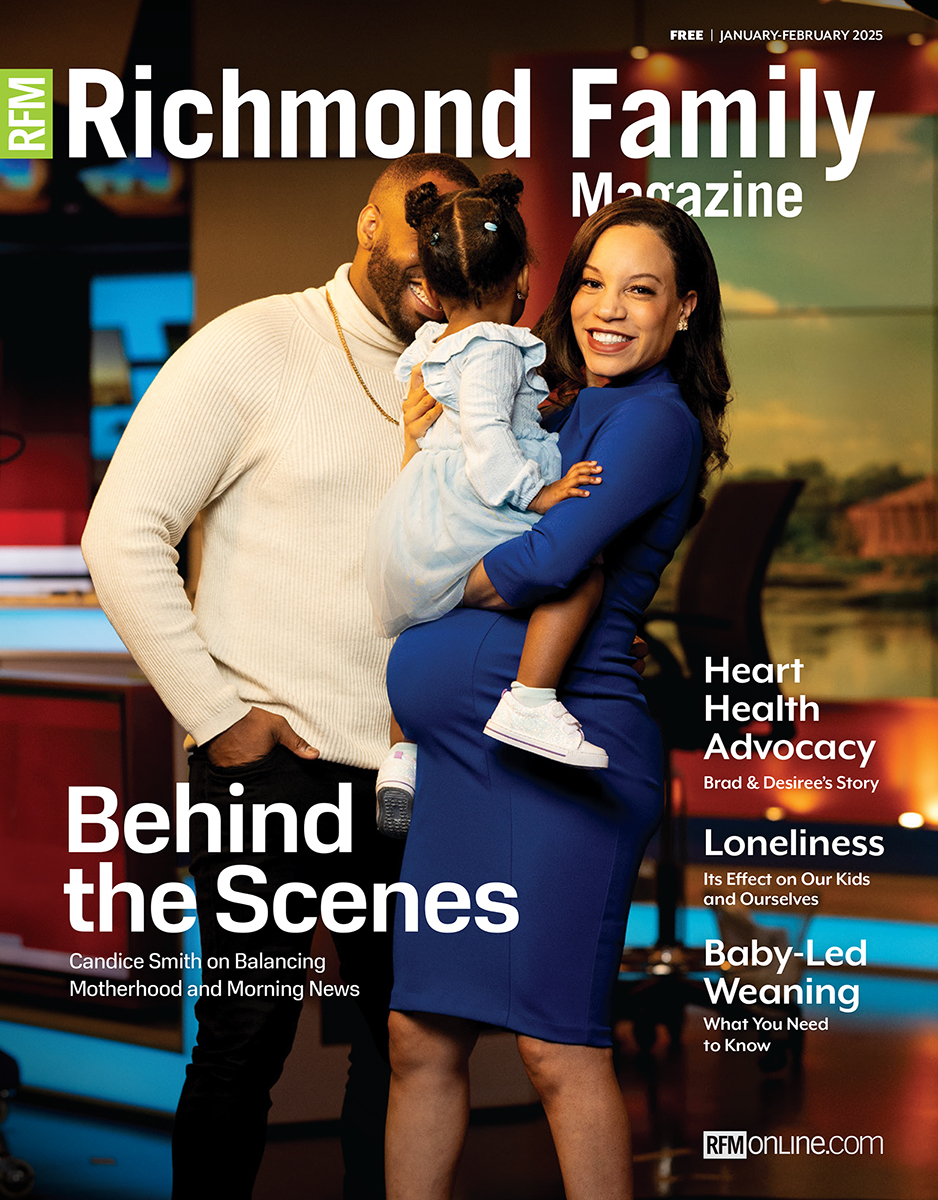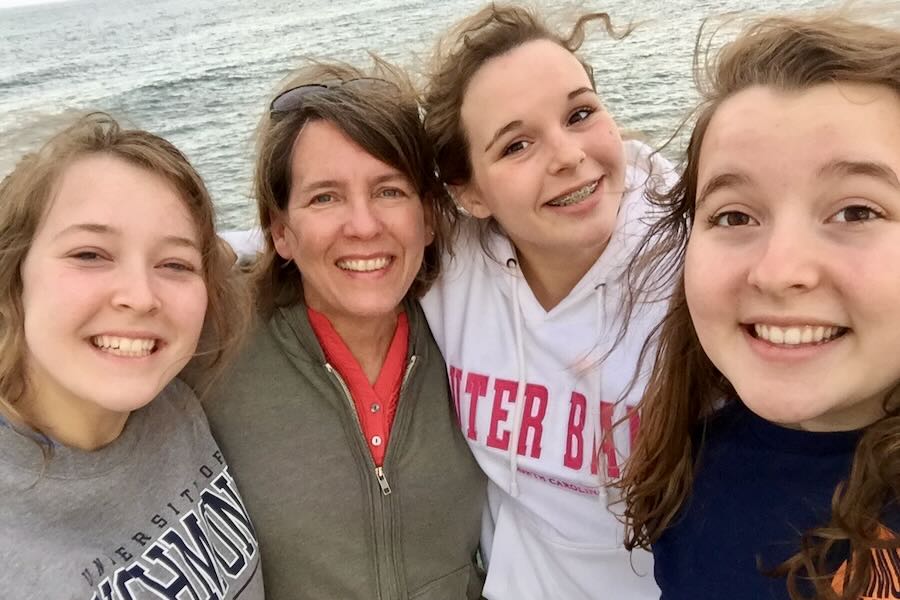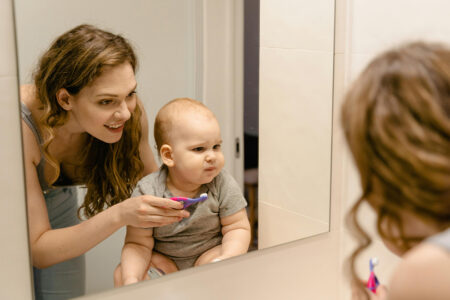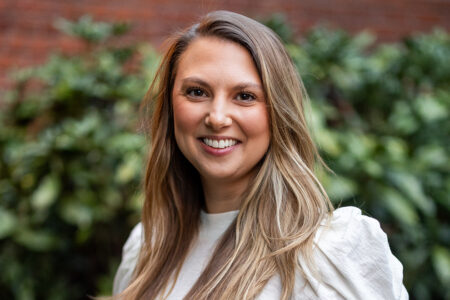The fact that I’m still alive and that I have breasts. These are my risk factors for the cancer that nearly 41,000 women in Virginia were diagnosed with last year alone.
When it comes to some of the other things that science says might influence whether a woman develops breast cancer, I’m in pretty good shape. There’s no family history on either side as far back as anyone can recall. I breastfed my three babies for what seemed like forever. I don’t drink (although technically I did imbibe more in my younger days than some people might have over a lifetime); I smoked for about seven years a very long time ago. I eat relatively well and exercise regularly, if not obsessively. I’m not overweight.
So I don’t have any of the usual vices, unless you count spending too much time on social media, where I admit I recently caught a Facebook post that connected breast cancer to the chemicals in deodorants and antiperspirants, causing me to squander six minutes I’ll never get back reading Internet hogwash.
If it sounds like I’m bragging a little, boring as heck, or both – I’m not. I’m actually kind of stupid.
I remember my first brush with breast cancer. Closing in on forty, my baby-making days were behind me. By this time, thanks to four older sisters, I was receiving regular updates on health bumps in the road ahead, covering everything from skin cancer exams, to the warranty on your eyes that runs out, to the achy elbows you can’t blame on tennis because you’ve only played twice in the past year. But it was a friend (eight years my senior) sharing her diagnosis, which moved me to schedule my first mammogram shortly after my fortieth birthday. Not a month later, another friend revealed that she was having an elective double mastectomy. Then a third mom I knew told me about her upcoming lumpectomy.
Puffing my chest out, both literally and figuratively in this case, I proceeded to the mammography center with very few risk factors in tow, where I had my first mammogram right on schedule, and promptly got the good news I expected. A year later, I repeated as directed.
In the years that followed, it seemed like everything was in flux regarding breast health, from doctors’ recommendations on what kind of mammogram a woman should have, to when she should have it, to whether or not insurance plans would cover the life-saving test.
Meanwhile, in my immediate family, every day had become a veritable breast-fest, as my daughters (the women-children as we like to call them) had started blossoming. Forget about shopping for wardrobes and paying for activities. It looked like keeping everyone outfitted in regular bras and sports bras would require a second job. I was surrounded by living, breathing, time-for-your-mammogram reminders.
Then one of my friends who had officially been declared cancer-free told me about the test she’d recently had to determine if her type of breast cancer was genetic in nature. Like me, she had daughters, and she was sure I’d want to know about such an important advancement in women’s health. By this time, I hadn’t had a mammogram in three years.
That’s why our excellent piece, Taking on Breast Cancer, is so important. It’s for you, 42-year-old woman with no family history of breast cancer, and for you, mom who runs two miles a day and only eats organic. When I read it, I was reminded of two things: 1) risk factors mean squat and 2) cancer is sneaky. This article is packed with important updates on finding and treating breast cancer. Joan Tupponce talked to a nurse and two doctors from three different Richmond healthcare systems to get it right. But the true story of mom of two, Denise Gentz, is what should resonate with you, especially if you’re of a certain age and haven’t had a mammogram in a few years, or haven’t scheduled your first one despite the recommendations, or you love someone who fits into one of these categories.
So despite my superstitious inclination not to do this kind of thing (yes, I’m the mother who refused to put up the snow boots, lest we have a blizzard in April), I’m writing about breast cancer because it’s important for people to read about it.
Which basically means, I’m having a mammogram. And that is something to brag about.







